The objective of Scotland’s deposit return scheme (DRS) was admirable.
It aimed to reduce litter on our streets, massively increase recycling of drink containers and help meet net-zero ambitions. However, Scots must now wait until at least October 2025 for the project to finally get under way. In the meantime, the taxpayer may be faced with a compensation bill from businesses running into hundreds of millions of pounds.
Firms want the Scottish Government to pick up the tab for what they spent on preparing for the controversial scheme before its latest delay.
Encouraging people to recycle more is a no-brainer – so what happened?
So how did things go so wrong? The writing was on the wall for many months before it was confirmed in June the Scottish DRS was to be delayed again from next March until October 2025 at the earliest.
Many in the business community were unhappy with what was being proposed, and spoke out publicly.
Circular Economy Minister Lorna Slater tried to put a political spin on the reason for the date change. The Scottish Greens co-leader claimed she was left with no choice after the UK Government excluded glass from the Scottish initiative.
But a Westminster spokesman said further delaying DRS north of the border was entirely a decision of the Scottish Government. The decision to exclude glass was made after the drink industry raised concerns about the Scottish scheme differing from plans in other parts of the UK, he added.
The Scottish DRS is now likely to launch at the same time as similar schemes in other parts of Britain, as many retailers and drinks companies had called for. When it is finally introduced, the project will see a 20p charge placed on drink containers. This amount will be refunded when bottles and cans are returned, boosting recycling levels.
Westminster had approved a partial exemption to the Internal Market Act for the Scottish DRS, but glass was to be excluded. This was to bring Scotland into line with schemes due to launch in England and Northern Ireland in October 2025 which will also exclude glass.
Several major retailers and drink companies, including Tesco and Tennents, had called for Scotland to join a UK-wide initiative, rather than introduce its own scheme earlier.
The Scottish Tories said the Scottish DRS had “already failed long before any intervention from the UK Government” – and that a great deal of time and effort could have been saved if the SNP and Greens had listened to businesses calling for a UK-wide approach.
DRS was hailed as a ‘step change’ for recycling in Scotland
Holyrood originally outlined its DRS plans in 2017, saying they represented “a step change in our level of ambition” for recycling. The scheme was pushed back to July 2022, with the Scottish Government blaming the Covid pandemic, and further delayed until this month and then March 2024 before being postponed for at least another two years.
The British Soft Drinks Association, whose members include Coca Cola and AG Barr, which makes Irn-Bru, is seeking compensation for the money its members have already spent preparing for the Scottish DRS.
Other organisations representing retailers have also said their members want compensation, with businesses across Scotland said to have spent about £300 million ahead of the scheme’s planned introduction.
Scottish Grocers’ Federation chief executive Pete Cheema said the latest delay was no surprise. The blame lies with the Scottish Government, he said, adding: “They didn’t listen to us. We always said this deposit return scheme was not industry-led. Had it been industry-led, they would’ve listened to us in the first place.”
Mr Cheema said businesses were in “total disarray” after investing in preparations for the scheme, and confirmed the federation is pursuing compensation from Holyrood.
Retailers and producers warned her (Lorna Slater) from day one the scheme was flawed to the point of being unworkable.”
Maurice Golden MSP
Opposition parties have accused Ms Slater of picking a constitutional fight with the UK Government to divert attention away from her handling of DRS, with numerous firms having earlier raised concerns about its implementation. Many Scottish retailers have already invested in reverse vending machines and are now trapped in contracts with suppliers that are, according to estimates, typically costing them nearly £4,000 a year.
North-east Tory MSP Maurice Golden said: “Lorna Slater should stop ducking the question and reassure Scottish businesses they will be compensated for shelling out a fortune on a deposit return scheme that’s been hopelessly botched – and now further delayed – by her and the SNP-Green government.
“Retailers and producers warned her from day one the scheme was flawed to the point of being unworkable, yet she repeatedly insisted it would go ahead, and they would have to comply with it or cease trading.”
An early casualty from the further delay to the Scottish DRS was Circularity Scotland, the business that was due to manage the scheme. Ms Slater described the firm’s recent collapse as a “disaster” for its 60 workers. Documents lodged by Circularity Scotland showed it had liabilities totalling nearly £86.2m when it went into administration in June. This includes £65m owed to waste giant Biffa for the funds it invested preparing for the scheme. It was tasked with collecting and recycling bottles and cans.
Retail chief urges Scottish Government to ‘finally listen’ on DRS
The deputy head of the Scottish Retail Consortium said the eventual introduction of DRS north of the border will require Holyrood to “finally listen” to those who will deliver it.
Ewan MacDonald-Russell told The Press and Journal: “It’s unlikely that, at the start of the year, many people would have bet a recycling initiative supported by all five Holyrood political parties, environmental groups and businesses would be the lightning rod for an almighty row.
“Yet, astonishingly, 2023 has been dominated by arguments over the scheme. It’s a salutary lesson for policymakers. Just because there is agreement on the principles doesn’t mean the experts and those responsible for making it work can be ignored on the practicalities of implementation.”
Scotland’s DRS experience has left everyone involved feeling ‘bruised’
There is no doubt everyone involved is now feeling bruised, Mr MacDonald-Russell said.
He added: “Retailers who invested tens of millions of pounds in good faith – and were originally told it would be cost-neutral – have seen the outlay on reverse vending machines and store refits be effectively wasted. Their significant investment in the scheme administrator is similarly a sunk cost after the collapse of Circularity Scotland.
“Producers are similarly out-of-pocket and compensation hasn’t been forthcoming.
“These losses mean businesses will be very reluctant to invest again in any future scheme unless there are cast-iron guarantees. To drive deposit return forward we need a fresh approach.
“Currently, the Scottish, Welsh and UK governments are all proposing different approaches, which is a recipe for confusion and cost for customers. Until the politicians can agree and work collegiately, businesses frankly won’t be investing – it’s that simple.”
DRS needs to be feasible from the start.”
Ewan MacDonald-Russell, Scottish Retail Consortium
He continued: “It’s vital the initiative is set up to succeed. The last three years have tested to destruction the idea government can just pick a series of politically convenient dates and hope DRS will be ready by then.
“The whole scheme needs a realistic project management timeframe to ensure those designing it can answer all the technical questions, and then leave businesses 18 months to deliver it.
“DRS needs to be feasible from the start. That means starting with the fewest variables and in the manner which is most deliverable. Small shops and online retailers should be able to choose if they want to be part of the initiative.
‘None of this is rocket science’
“It also means having the right compensation in place for retailers, so the burden of funding the scheme comes from producers and customers who won’t recycle.
“None of this is rocket science. But to deliver DRS now will require government to show some humility, and to finally listen to those who need to deliver the scheme. The alternative is another failed attempt at launching an initiative, or worse a poorly-designed one which will be complex for businesses, confusing and costly to consumers.
“Businesses very much hope a focus on real-world implementation will win the day.”
Firms’ top three concerns about DRS are the space requirement, cost and time
Mike Duncan, north-east development manager with the Federation of Small Businesses, said his organisation had always commended the Scottish Government’s well-intentioned policy aim for DRS.
Mr Duncan said: “What we and many others were critical of was the path they chose to take to achieve that aim. At the outset, our three main concerns were the space required in business premises, the cost of the scheme, and the time it would take to set up and administer. It was very late in the day – only a few months before the scheme was to be implemented – that we actually received any concessions on any of these main concerns.
“We felt the government was so focused on achieving the desired outcome that it was blinkered to the impact it would have on an industry already reeling from the impact of the pandemic, the cost-of-living crisis, and rocketing supplier and production costs.”
According to Mr Duncan, the key to getting hundreds of small retailers and producers on-board with a DRS scheme is to listen to their concerns at the start of the process, design a system that makes it easy and less costly for them to take part “and allow them to positively contribute to the “bigger picture” of a truly circular Scottish economy.
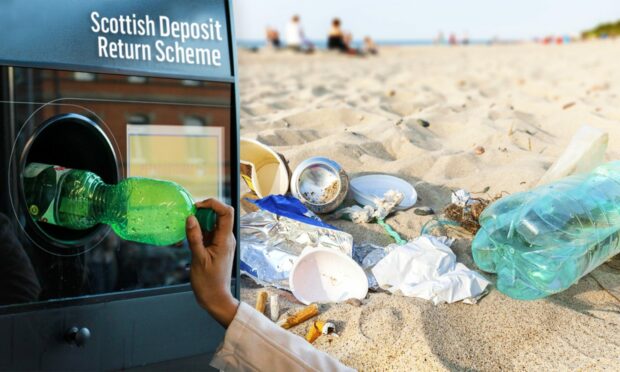

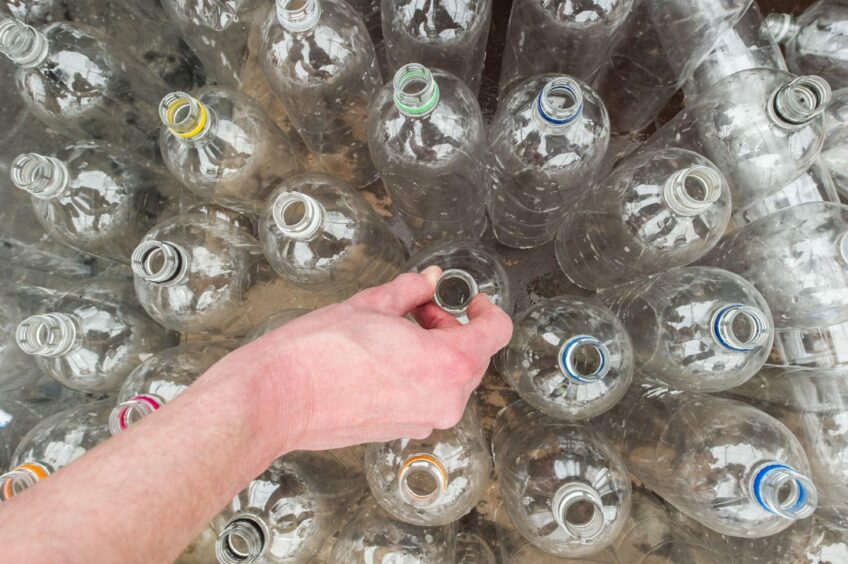
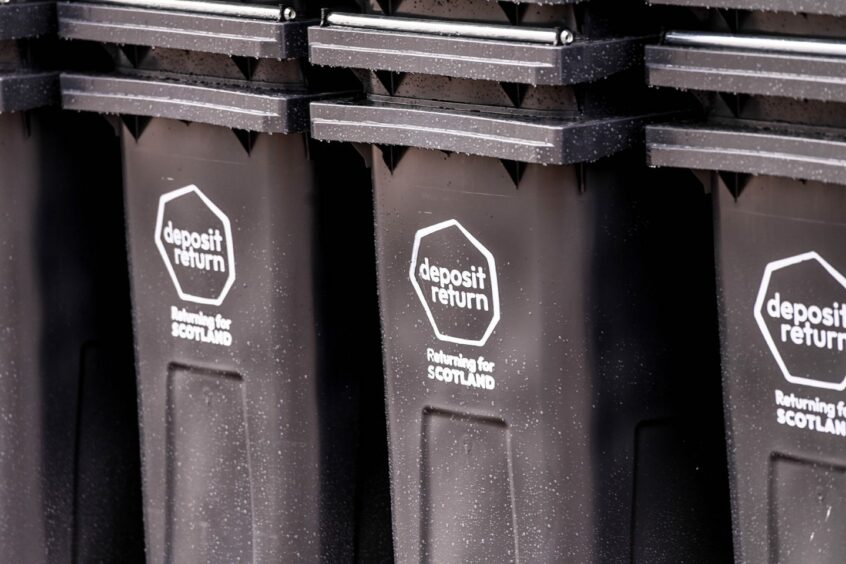
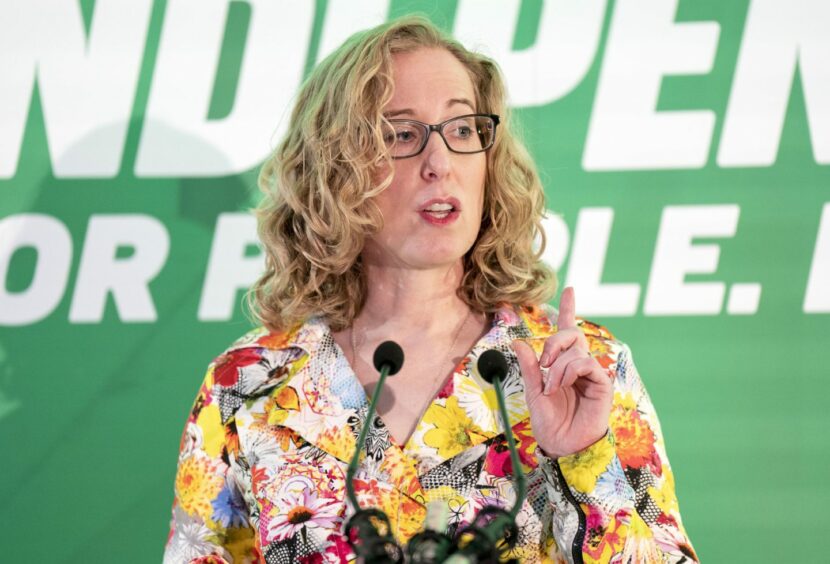
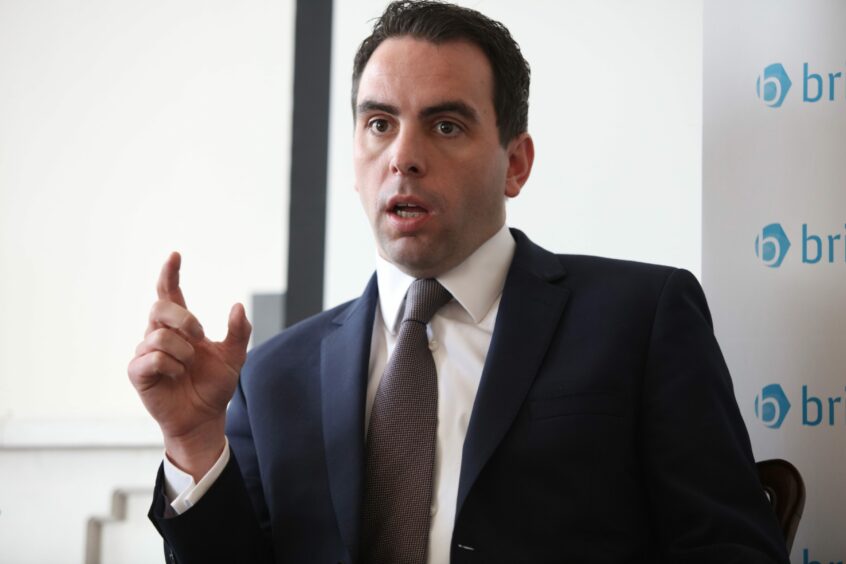
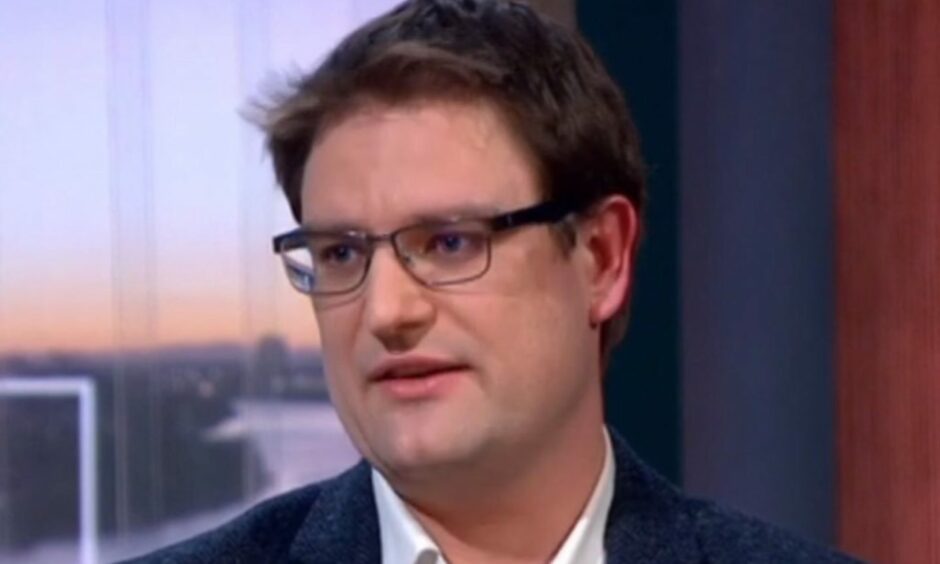
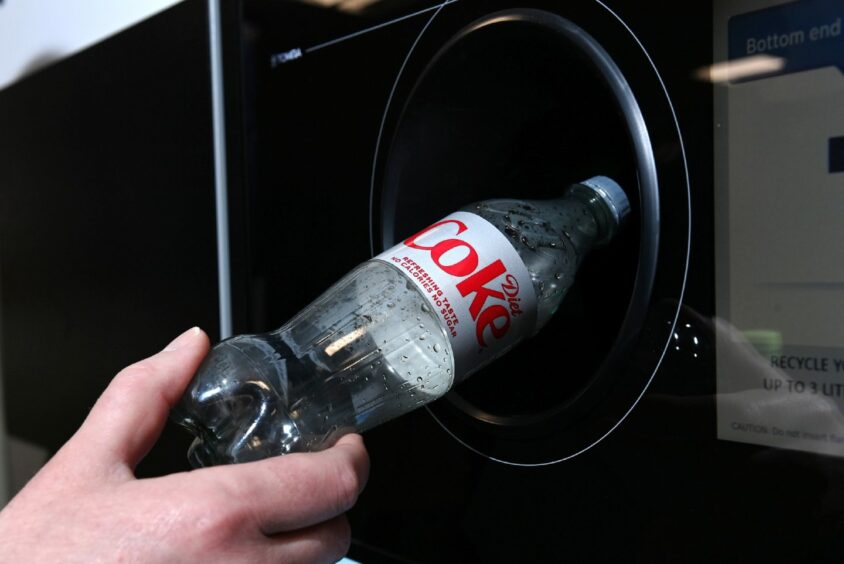

Conversation